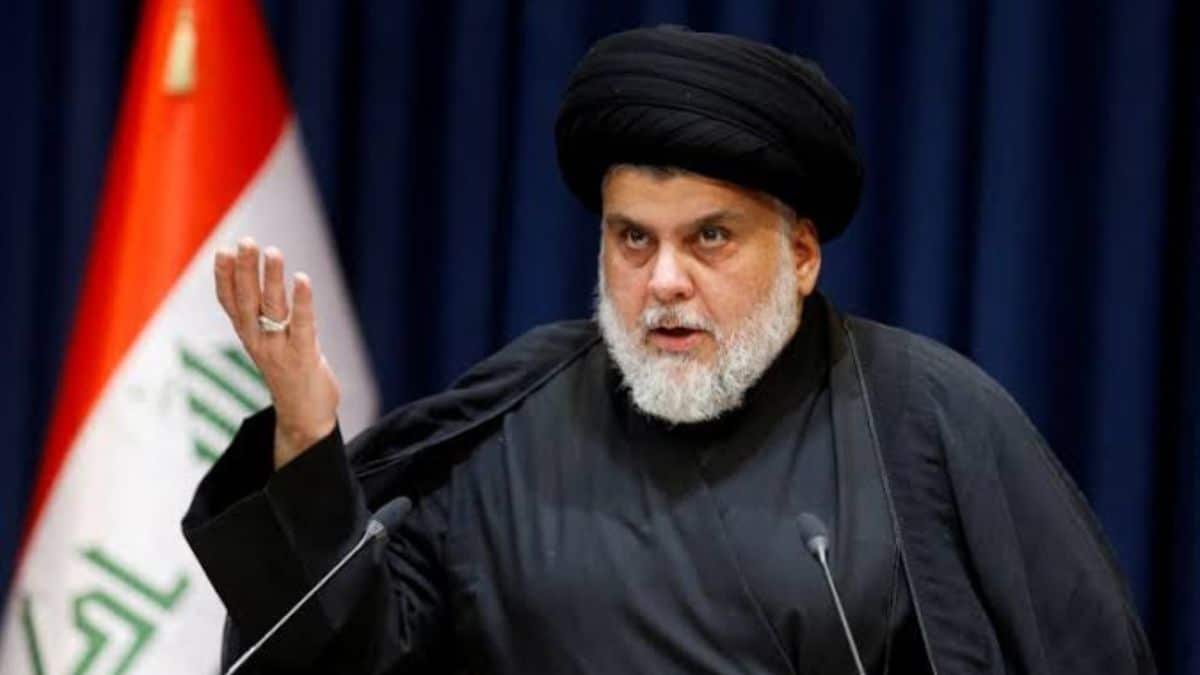Iraq’s influential Shiite cleric Muqtada al-Sadr has called for a widespread boycott of products from businesses that he alleges support the United States and Israel’s military actions in the Gaza Strip. The statement, made on Monday, reflects growing regional tensions and solidarity with the Palestinian cause amid ongoing violence in Gaza.
Al-Sadr’s call for a boycott comes as part of a broader effort to exert economic pressure on countries and corporations he accuses of backing the military operations against Palestinians. The cleric, a prominent figure in Iraqi politics known for his anti-Western and anti-Israeli stance, has rallied his followers to actively avoid products from companies and entities he claims are complicit in the conflict.
This directive marks a significant escalation in his advocacy, which has previously included political and religious exhortations against foreign intervention and influence. Al-Sadr’s supporters are expected to mobilize through various channels, including social media and community networks, to promote the boycott and increase its visibility.
The cleric’s move comes as Gaza faces severe humanitarian challenges, with reports of extensive civilian casualties and infrastructure damage due to the ongoing conflict. Al-Sadr’s statement echoes broader sentiments within the region, where there is strong condemnation of Israeli military actions and U.S. support for Israel.
Economically, the impact of such a boycott could be substantial, especially if it garners widespread support. Businesses with ties to the U.S. or Israel could face declining sales and increased scrutiny, potentially affecting their operations and market presence in the Middle East.
The international community has been closely monitoring the situation in Gaza, with various global actors calling for de-escalation and humanitarian relief. Al-Sadr’s boycott appeal adds a new dimension to the conflict, highlighting the intersections of politics, religion, and economics in the ongoing struggle over Gaza.
As the situation evolves, the effectiveness and reach of al-Sadr’s boycott campaign will likely become clearer, offering insights into the broader implications for regional and global trade dynamics.

